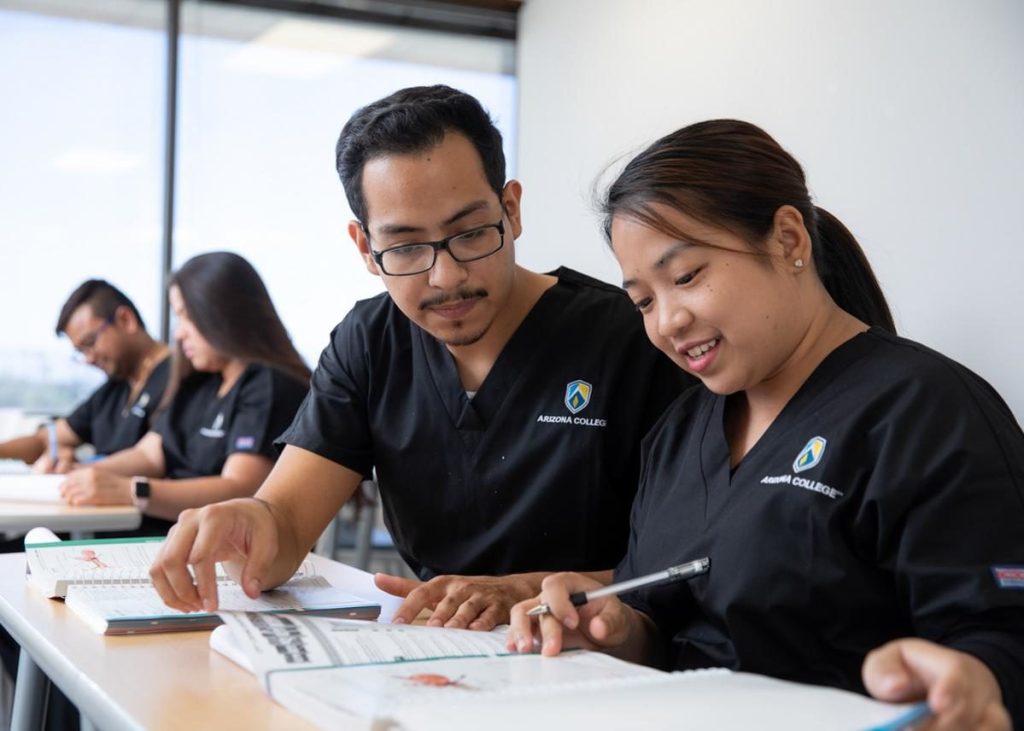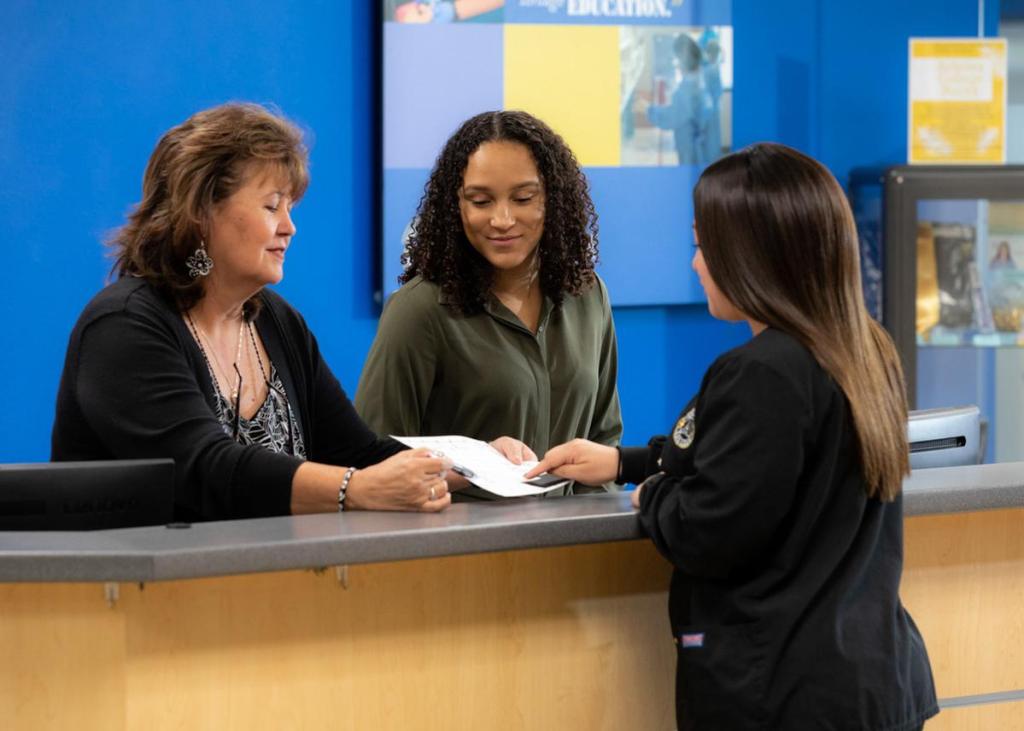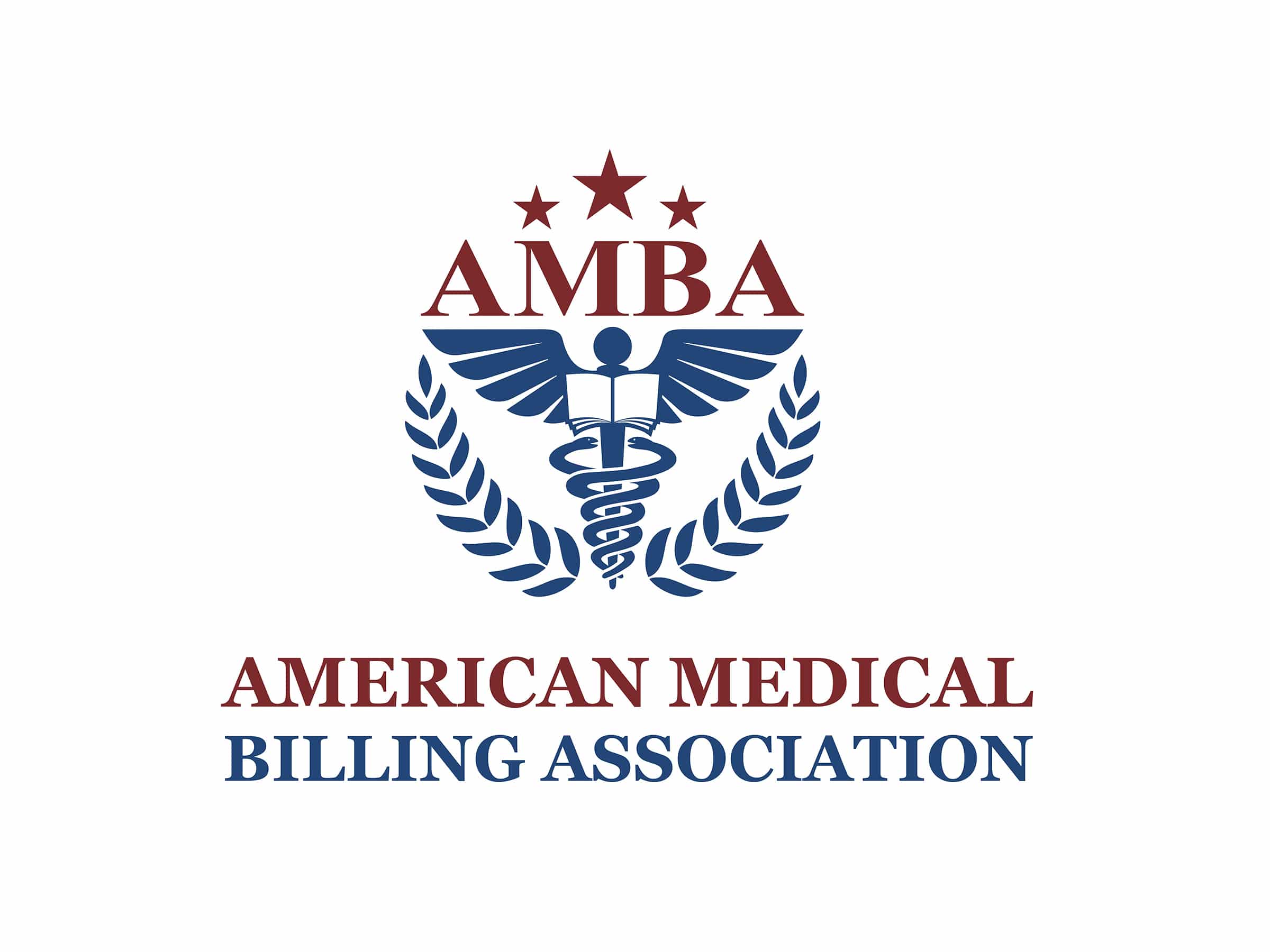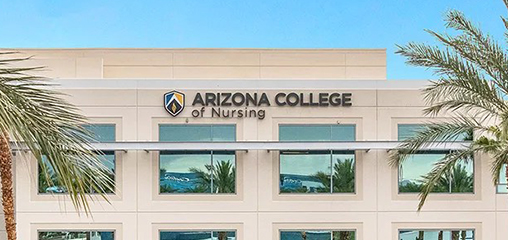How Medical Billing and Coding Certifications Can Boost Your Career
Classes begin March 23rd
Reasons to Get Certification in Medical Billing and Coding
Arizona College recommends that our Medical Billing & Coding program graduates become certified, though it is not a requirement to become a medical biller and coder and work in the field. A medical billing and coding certification enhances your resume by demonstrating proven skills, knowledge, and achievement. It can set you apart and elevate your standing when applying for jobs. Graduates of Arizona College of Allied Health’s program are eligible to sit for several types of medical biller and coder certification exams offered by nationally-recognized certifying organizations.

All Arizona College campuses are institutionally accredited by the Accrediting Bureau of Health Education Schools (ABHES), a U.S. Department of Education-recognized accrediting agency.



What Does a Medical Biller and Coder Do to Earn Medical Coding Certifications?
There are several different medical coding and billing certifications available. Be sure to contact the relevant testing organization so that you can review all exam information and prerequisites. As you decide which medical billing or coding certification to pursue, consider the requirements for maintaining the credential (e.g. continuing education units) or obtaining recertification down the road. Some of the available certifications are listed below.
American Academy of Professional Coders (AAPC) and AAPC Certifications:
CPB certification demonstrates knowledge of how claims are submitted in accordance with government and private payer policies.
CPC certification demonstrates knowledge of how to correctly apply CPT®, HCPS Level II procedure and supply codes, and ICD-10-CM diagnosis codes for professional services performed by physicians and non-physician practitioners.
COC certification demonstrates knowledge of how to correctly apply CPT®, HCPS Level II procedure and supply codes, and ICD-10-CM diagnosis codes for services offered in an outpatient health facility, such as a hospital or ambulatory surgical center. It is the only healthcare industry coding credential that is standalone for outpatient services.
CIC certification demonstrates knowledge of how to correctly apply ICD-10-CM diagnosis codes and ICD-10-PCS procedure codes for services offered in an inpatient health facility, such as a hospital. It is the only healthcare industry coding credential that is standalone for inpatient services.
CRC certification demonstrates knowledge of how to correctly apply ICD-10-CM diagnosis codes that are used in risk adjustment payment models in any health facility, including hospitals, physician offices, and ambulatory surgical centers.
Specialty Medical Billing Certifications for experienced medical billers.
American Health Information Management Association (AHIMA) and AHIMA Coder Certifications:
CCA certification demonstrates coding proficiency in both hospital and physician practice settings.
CCS certification demonstrates similar skill competency to the CCA certification, but with more emphasis on skills required for the hospital setting.
CCS-P certification is a credential for coding practitioners who work to handle coding procedures in physician-based environments.
American Medical Billing Association (AMBA) and AMBA Certification Exam:
Certified Medical Reimbursement Specialist (CMRS): CMRS certification demonstrates commitment to providing professional and ethical medical billing services that meet the highest possible industry standards.

Pre-Certification Training for Medical Billing and Coding Programs Near Me
Arizona College provides you with the education and experience needed to pursue coding and billing certification. Fill out a request for information form today to connect with our admissions team and learn more about our Medical Billing & Coding training program.








